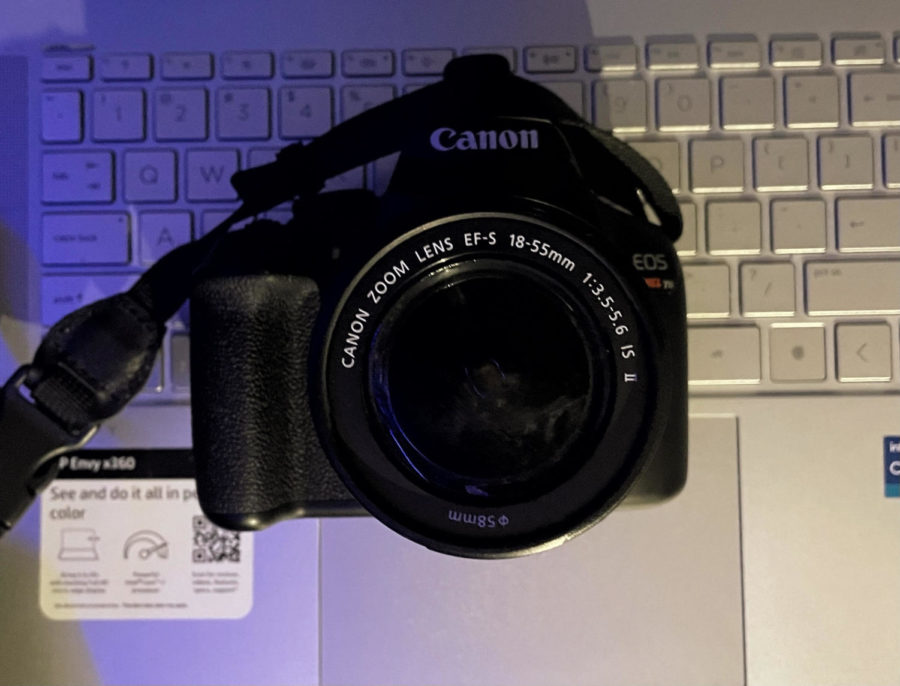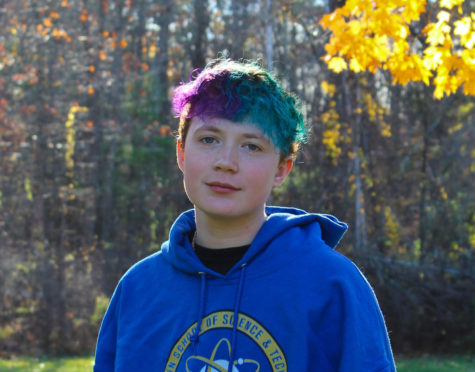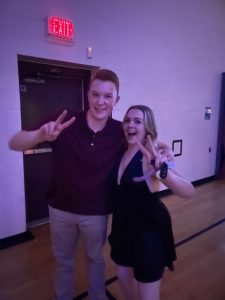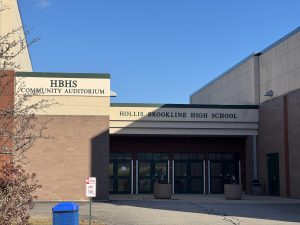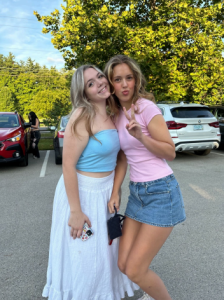Time to Catch Up: Should We Have Video Editing Classes?
“I think a video editing class would allow kids to have a new way to express what they learned.” – Katelyn Seamonds ‘23
February 16, 2023
Looking through the classes list for Hollis Brookline High School, you’ll see course subjects such as Journalism, Film Studies and Digital Photography. But if you’re looking to gain video editing skills, you’ll find that our school does not offer a course for that. Although video as a form of media is being used more each year and becoming a common skill in many lines of work, we still have yet to teach it to our own students.
Showing videos is already a common learning source– a study done by the software company Kaltura in 2015 shows that 93% of teachers believe showing educational and informational videos helps to enrich the learning experience in their classrooms. So, if watching videos helps students to learn, wouldn’t creating videos have a learning effect as well?
“21st century learners are visual,” says Mrs. Lin Illingworth, an English teacher at HBHS. “It’s a language. It’s another form of communication and I believe my students are savvy visual readers and communicators, so we need to be where our students are.”
As our technology advances, so do our forms of communication, learning, and sharing information. “I believe that the future is going to have more and more visual communication,” Illingworth says. Video sources, such as YouTube, source a range of various videos such as product advertisements, music videos, films, how-to videos, documentaries and more. Every day we rely more on technology and video to communicate ideas, facts, feelings and other information.
“I think that it would be very beneficial to having a video editing class so that students are able to not just learn about the aspects of film, but also how to create your own,” Katelyn Seamonds ‘23 says. “Film is a really important part of our culture and I think learning how to make videos and movies would be something that a large amount of students would be interested in.”
In addition to learning skills that could be helpful later on in life, creating videos can help with projects and learning during high school as well. A new form of presenting information could “help enhance students learning and give them a new outlet for class presentations,” Seamonds thinks. She believes that this skill could be a tool for student projects, and in some cases could replace oral presentations, which are anxiety inducing for many students. Having information prepared beforehand in a video format would allow a student to present their information without needing to publicly speak to a class.
As for any prerequisites leading to this hypothetical course, a “desire to learn” is the only one that Illingworth sees fit. “With any elective, there needs to be a desire to learn and commit to the content.” She notes that although there would likely not be any classes necessary to take before this one, there would be overlap with others in application of these skills, such as video media in Journalism or film-making projects in classes such as Film studies.
Having a video editing class at our school would not only help students learn skills that will be useful during school, but it would be teaching us things that could be applicable in the workforce or even stem into entire careers based around video editing. Having this option as an elective would give more opportunities to students and help push HBHS even further into the communication levels of the 21st century.



